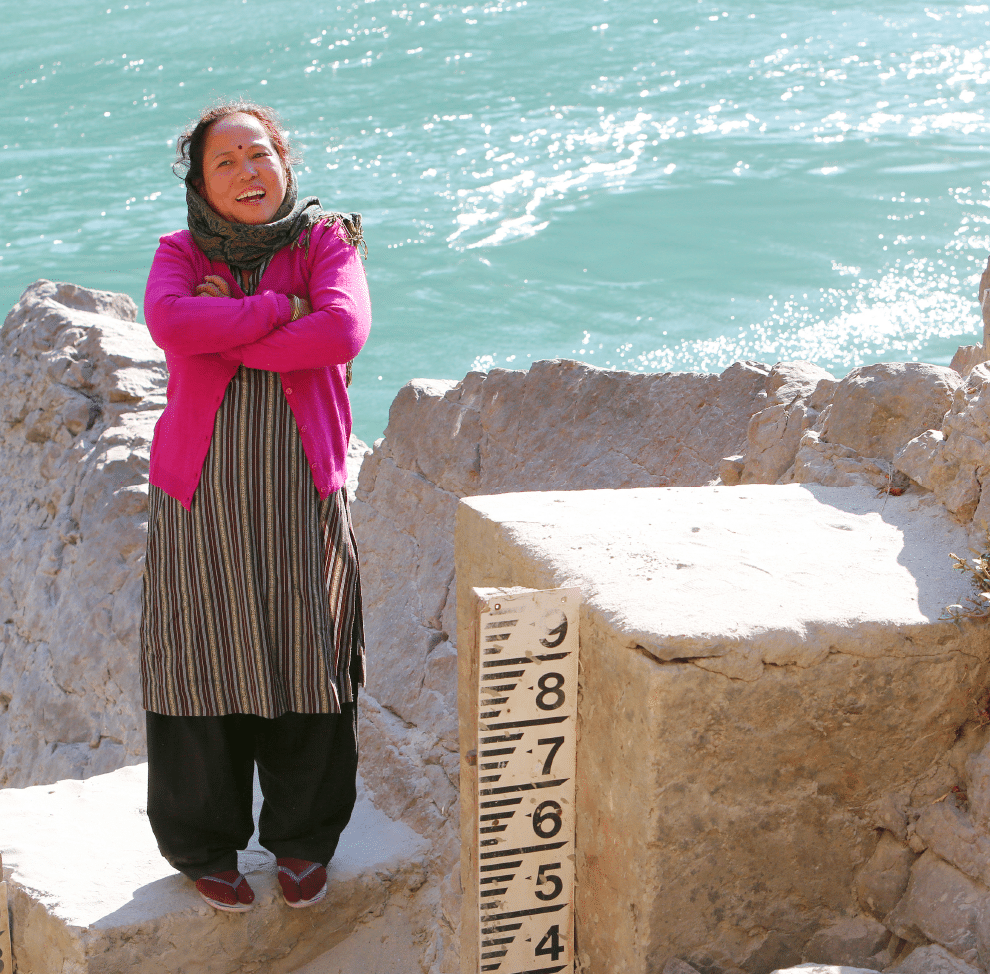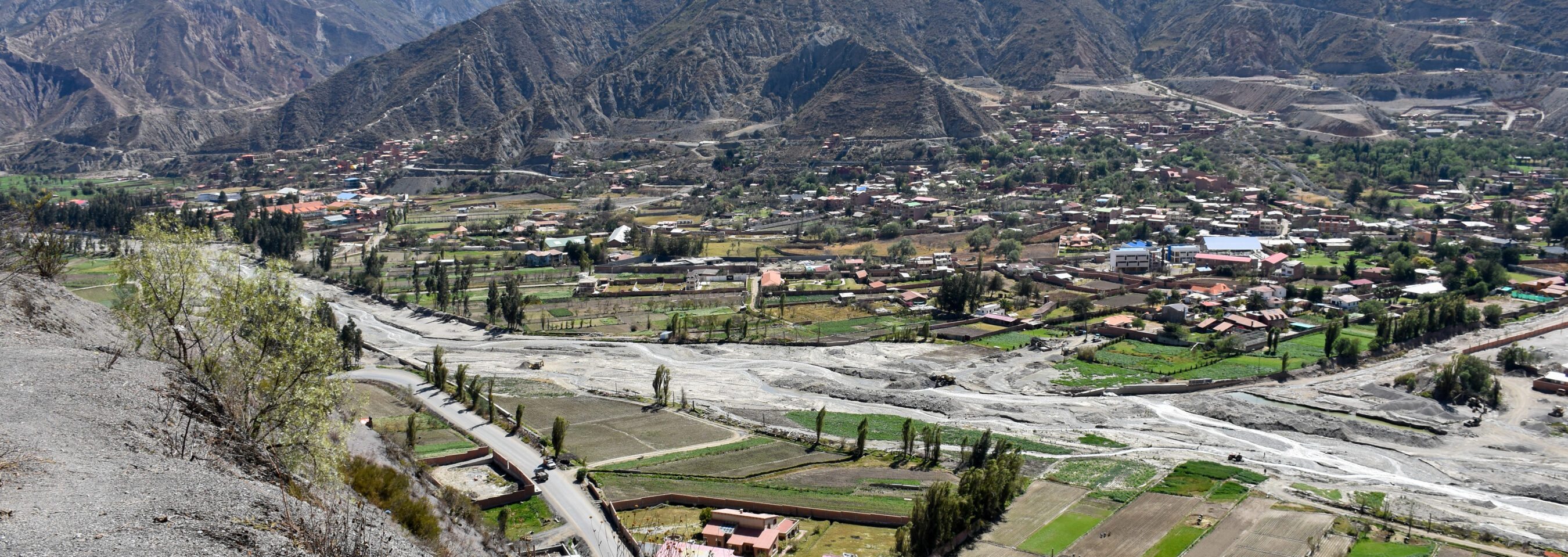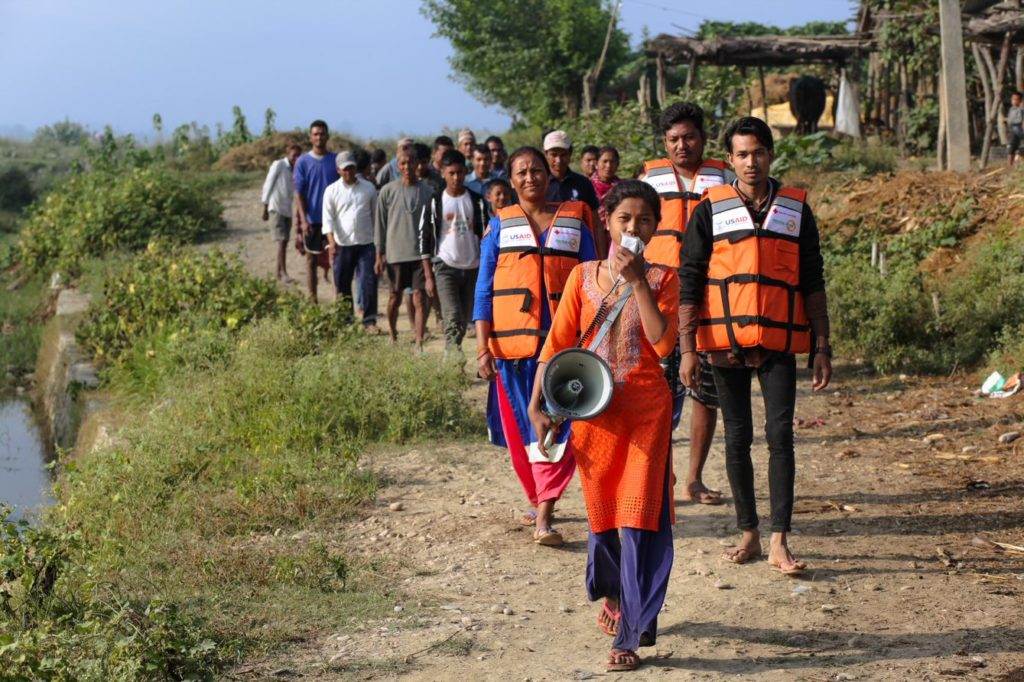Project Overview
Title: Flood Resilience Programme
Dates: 2013 – 2024
Location: Bangladesh, Bolivia, Nepal, Peru, Senegal and Zimbabwe, with global advocacy from the UK
Our role: As part of the Flood Resilience Programme, our role was to work with communities to make resilience a way of life by advising people how to adapt and plan for predictable flood events and sharing our knowledge and experience of what works with communities, practitioners, and decision-makers.
Participants: We worked with over 120,000 people in more than 80 communities.
Project Budget for phase II (2018-2024): £7.2 million
Theme: Climate resilience
Lead Donors: Z Zurich Foundation, Swiss Development Cooperation, Bristol University and Insuresilience Fund
Zurich Flood Resilience Alliance Partners: Concern Worldwide, the International Federation of Red Cross and Red Crescent Societies (IFRC), the International Institute for Applied Systems Analysis (IIASA), the Institute for Social and Environmental Transition (ISET-International), London School of Economics (LSE), Mercy Corps, Plan International, Practical Action and Zurich Insurance Group.









